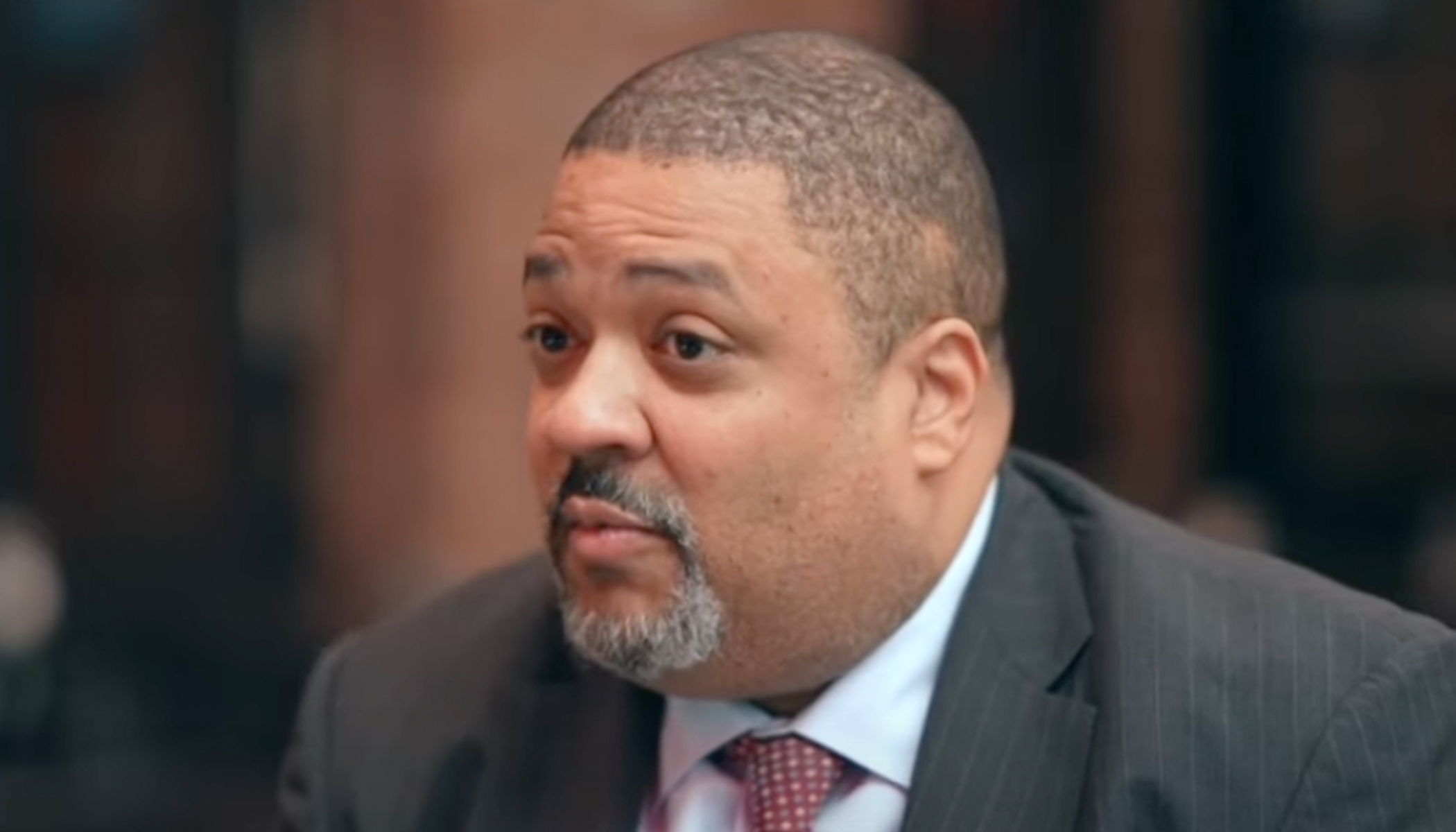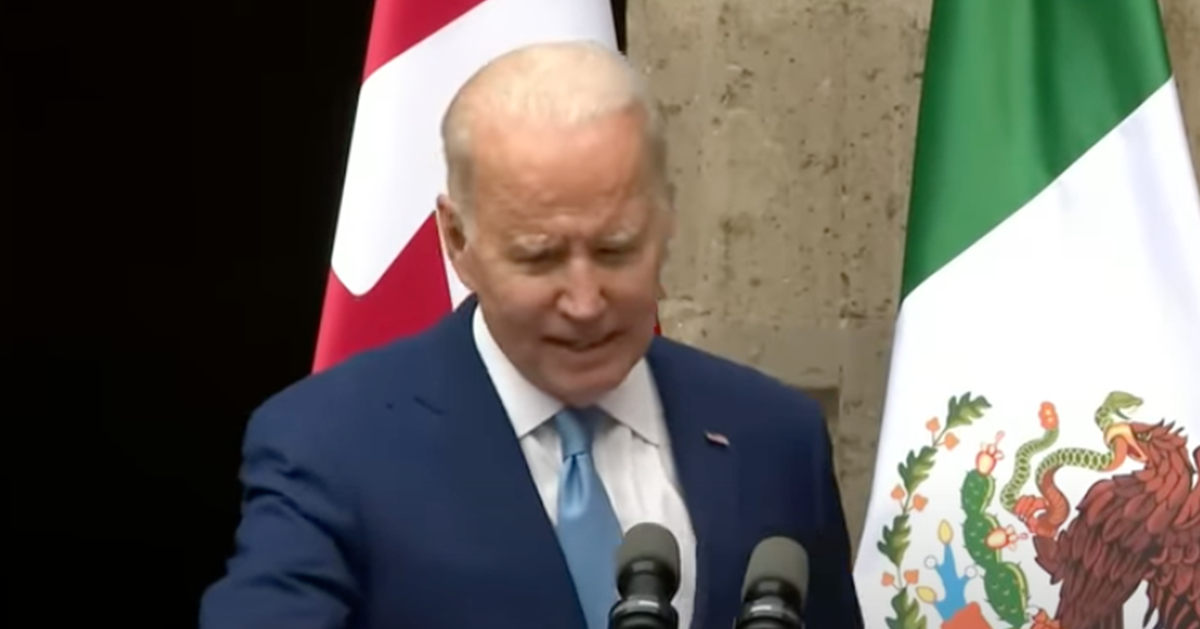Supreme Court Debates Oregon Homelessness Laws: Focus On Bans And Human Rights
In a pivotal case, the U.S. Supreme Court is examining the legality of local ordinances that penalize homeless individuals in Oregon for sleeping outdoors with protective gear.
Comprehensive Legal Background and Context
Previous Legal Precedents and Judicial Opinions
The case relies on Martin v. Boise, a 2018 decision stating it's unconstitutional to penalize sleeping outside when no shelter is available, shaping much of the legal examination of Grants Pass’ laws.
Justice Gorsuch questioned how the ordinances relate to broader social issues like sanitation, potentially framing unsanitary behavior as protected under the Eighth Amendment.
The 9th U.S. Circuit Court of Appeals' previous ruling that similar laws in San Francisco were unconstitutional adds complexity, affecting multiple states within its jurisdiction.
Larger Implications for U.S. Cities and States
Governor Gavin Newsom's office, among others, submitted opinions via an amicus brief, emphasizing that while governments should manage public spaces, they must also uphold fundamental human rights.
Grants Pass's lawyer, Theane Evangelis, defended camping laws to safeguard public areas but recognized the paradox of potentially worsening homelessness.
Justice Sonia Sotomayor stressed the human aspect, questioning the laws' impact on homeless individuals' existence, emphasizing the basic need for sleep and the lack of compassion in such measures.
Public Reaction and Demonstrations
Outside the Supreme Court, demonstrators demand broader governmental action on homelessness, advocating for affordable housing over punitive measures.
Homelessness in the U.S. rose by 12% last year, particularly impacting Oregon due to inadequate mental health and addiction support.
Kelsi Brown Corkran, representing those contesting the ordinances, highlighted the impracticality of penalizing homeless individuals for unavoidable human activities.
Legal Discourse and the Future of Homelessness Legislation
The Conclusion: Balancing Law, Dignity, and Shelter
As the Supreme Court deliberates, the challenge persists: balancing public order with the constitutional rights of the homeless. The case outcome may shape future homelessness policies in America, highlighting the complex interplay of societal values, legal frameworks, and human rights.






